 Search
Search

Safeguard duties on solar cells: A blessing or a mirage?
Aug 08, 2018 10:50 AM BST
By Ali Imran Naqvi, Vice President, Gensol Group

Ali Imran Naqvi, Vice President, Gensol Group, on India's safeguard duty imposition of certain imports of solar cells and modules.
The imposition of a safeguard duty on solar cells originating from China and Malaysia has, seemingly, stirred up the hornets' nest with an unflagging clamor gaining traction against it each passing day. On the other hand, in common with any such protectionist move, reactions vary between the affected parties bemoaning loss of competitiveness, profitability and jobs and those of consumers and producers that were benefiting from the lower priced imports.
Acme, a major independent power producer (IPP), has blazed a trail of law suits against this safeguard measure in the High Court of Odisha which had stayed the implementation of this duty at least till 21 August 2018. Unfazed by the Court order, the central government seems to have made its stand clear by publishing a notification to this effect on 30 July 2018.
While this move by the government might seem to be affording relief to the local manufacturers, it still would call for an analysis of its impact on the sectoral economics. How this will impact a country like India that is focused on renewable energy as a means of decarbonising its current and future GDP growth is a moot point. Some experts maintain that it would lead to economic harm by shrinking markets and excluding efficient producers, thereby raising prices for consumers.
However, we subscribe to a different view; we are inclined to believe that the harm might not be too pronounced nor too long-lived. This is keeping in mind that solar manufacturing across the world, including India, vis-a-vis production in Chinese facilities indicates that the price advantage of Chinese solar cells emanates from cost efficiency of vertical integration, economies of scale, and negotiated discounts from vendors of intermediate inputs, as well as machinery and equipment. These are in addition to the advantages from lower Chinese labour costs and cheap trade credit availability. As a result, the temporary rise in prices caused by these duties would be nullified by systemic efficiencies in China that, by all probabilities, will get better with time. Interestingly, another factor that will drive down the prices of Chinese solar modules is a recent policy shift by the Chinese government, restricting new solar installations that require a national subsidy, a move that will lead to a drop in deployment in China this year. The impending overcapacity will further hammer down the prices of modules.
Another view is that India might benefit as these duties on Chinese and Malaysian manufacturers could make India an alternative manufacturing destination for companies. But this prognosis is a little far-fetched, as these duties will be phased out in two years. Moreover, India’s ability to capture vacated Chinese manufacturing space is a function of ease of doing business in the country, physical infrastructure necessary for manufacturing and domestic policy environment (other than the much disputed labour laws), all of which are not yet amenable for large-scale manufacturing processes and units as in China.
While this move has not gone down well with the projects developers, we are inclined to believe that it is a window of opportunity for the domestic manufacturing industry. Although India does not have much of a domestic manufacturing capacity to bolster, this two-year period can be a good catalyst for the desi (domestic) manufacturers to metamorphose into efficient production centres. This is something that should have happened through its natural course in an ecosystem of free market economy.
As far as commercial impact of the duty goes, our analysis shows that there would be a 30-35 paisa increase in tariff bids in the future solar auctions for comparable returns on equity. This should not be a problem since a provision of pass through has been clearly enshrined in the guidelines recently unveiled by the government for procurement of power through competitive bidding from solar PV projects. Pertinently, a more recent clarification issued by the government says that the term 'Change in Law' in Clause 5.7.2 of these Guidelines includes any "change in rates of taxes, duties and cess" which have a direct effect on the project.
Notwithstanding this, a fact which merits consideration is that distribution companies (Discoms), who are debilitated by financial weakness, were attracted to solar due to its rapidly changing economics and might now lose some interest, as tariffs change their course.
Only time will tell whether these safeguard actions will actually prove to be a window of opportunity or only a mirage for the domestic solar manufacturing in India?
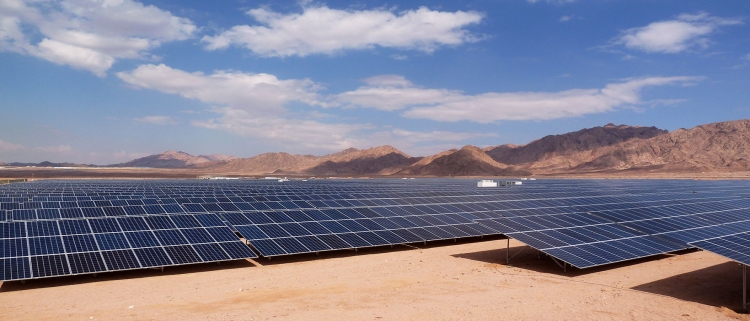
Consulting Services for 6 GW Solar PV Power Project in Riyadh Province, KSA Read More
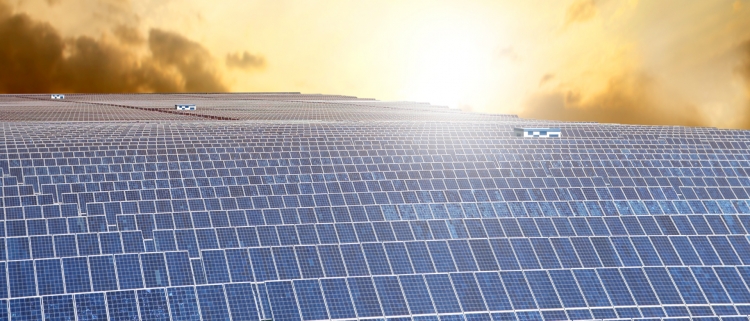
Read about Gensol's Solar Consulting Services for Majis at Sohar Port Read More
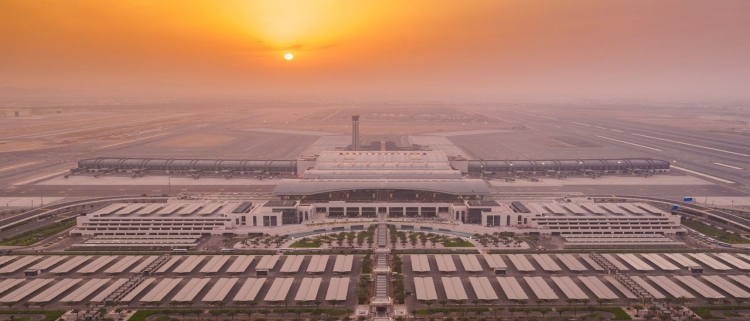
Read how Gensol as a project consultant solarized the International Airports at Oman Read More
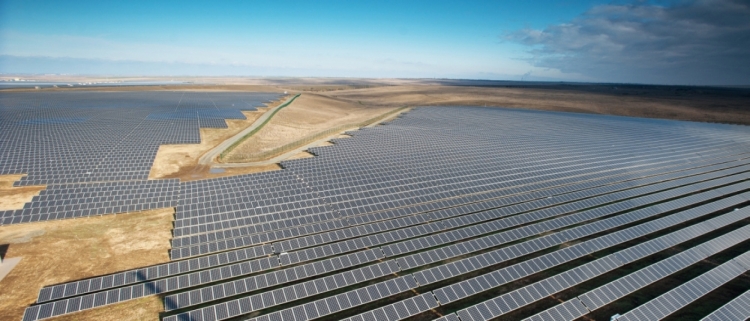
Read how Gensol provided Engineering Consultancy Services for a 1 MWp solar PV project at Oman Read More
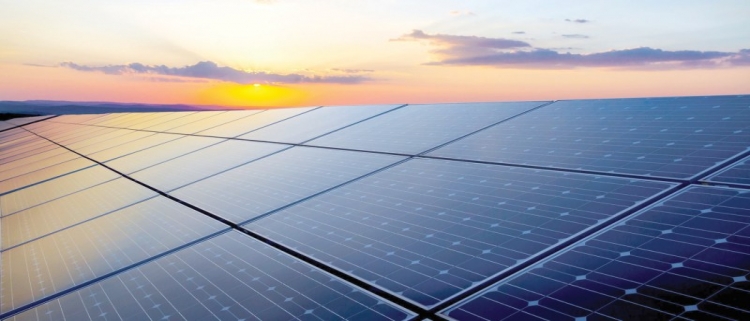
Read about Gensol's work at Yemen for Estidama Energy Read More
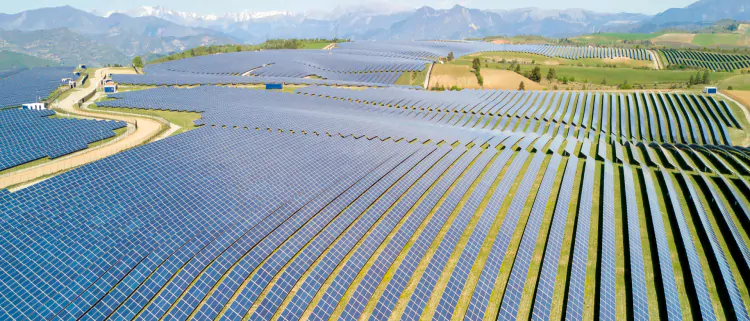
Gensol helped Greenko Group bring India’s largest solar project to life. Read More
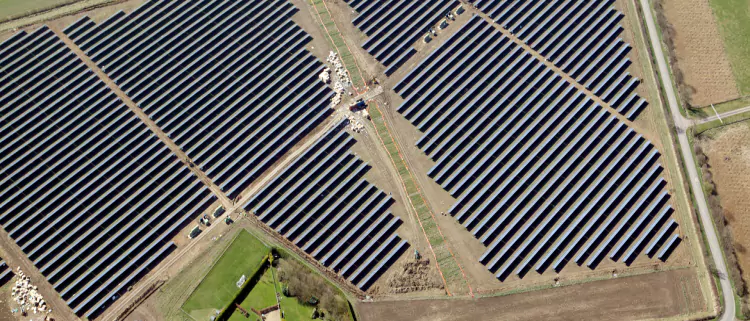
Nation Builder - Adani - appoints Gensol to manage construction for its Solar Projects Read More

